“Like Water: A Cultural History of Bruce Lee” by Daryl Joji Maeda has been published by NYU Press.

An Asian and Asian American icon of unimaginable stature and influence, Bruce Lee revolutionized the martial arts by combining influences drawn from around the world. Uncommonly determined, physically gifted, and artistically brilliant, Lee rose to fame as part of a wave of transpacific globalization that bridged the nearly 7,000 miles between Hong Kong and California.
“Like Water” unpacks Lee’s global impact, linking his legendary status as a martial artist, actor, and director to his continual traversals across the newly interconnected Asia and America.
Maeda’s multifaceted account of Lee’s legacy uniquely traces how movements and migrations across the Pacific Ocean structured the cultures Lee inherited, the milieu he occupied, the martial art he developed, the films he made, and the world he left behind.
A unique blend of cultural history and biography, “Like Water” unearths the cultural strands that Lee intertwined in his rise to a new kind of global stardom. Moving from the Gold Rush in California and the British occupation of Hong Kong, to the Cold War and the deployment of American troops across Asia, Maeda builds depth and complexity to this larger-than-life figure. His cultural chronology reveals Lee to be both a product of his time and a harbinger of a more connected future.

Nearly half a century after his tragic death, Lee remains an inspiring symbol of innovation and determination, with an enduring legacy as the first Asian American global superstar.
Maeda is dean and vice provost of undergraduate education and professor of ethnic studies at the University of Colorado, Boulder. He is the author of “Chains of Babylon: The Rise of Asian America” and “Rethinking the Asian American Movement.”
Critical praise:
“Maeda positions Lee’s career as a product of — and significant contributor to — long-evolving transnational exchanges across the Pacific, and he argues forcefully that his subject’s achievements in blending cultural traditions are worthy of celebration … the book provides lucid analysis of Lee’s lasting significance.” — Kirkus Reviews
“Decades after his untimely death, Bruce Lee, like water, still flows across the globe as an inspiration to the marginalized, the colonized, the immigrant, the dispossessed, and the oppressed. Daryl Joji Maeda’s powerful new book places the martial arts megastar/philosopher and his multicultural circle in the critical context of transpacific studies. Maeda does a masterful job of giving us a different way of understanding Bruce Lee and his legacy by avoiding the ‘classical mess’ of pinning the mercurial Lee to Asia or America rather than allowing him to float across the vast Pacific.” — Gina Marchetti, author of “Citing China: Politics, Postmodernism, and World Cinema”

“Marvelous and momentous. Maeda’s knowledge of Bruce Lee is breathtakingly comprehensive and impressive and has completely expanded and transformed my understanding of Lee. ‘Like Water’ is easily the most consequential and definitive book on Lee that has been published to date.” — Robert Ji Song Ku, co-editor of “Eating Asian America: A Food Studies Reader”
“Conceived as a multifaceted cultural history, ‘Like Water’ tells the story of the making of Bruce Lee as a transpacific icon. Foregrounding the larger geopolitical and cross-cultural forces at work, Daryl Joji Maeda tracks Lee’s incessantly migratory footsteps from his on-the-road birth at a Chinese hospital in San Francisco to his mysterious death at his paramour’s pad in Hong Kong. As a cultural history, the book is rich and expansive, compiling a montage of big subjects such as Chinese immigration, Cantonese opera in America, and the history of Chinese cinema. As a biography, ‘Like Water’ draws the contours of Lee’s life while highlighting flashpoints of his legend.” — Yunte Huang, UC Santa Barbara
“Maeda argues that Lee’s films, which combined elements of spaghetti westerns, James Bond films, and Cantonese opera, were equally the result of the vision of one man, who also lived between worlds, and the cultural and economic exchange that took place in the 20th century following World War II … Maeda’s point is that without cultural exchange there would have been no Bruce Lee. Maeda’s study of Lee reminds us that without cultural appropriation there would be no culture.” — Washington Examiner
 PolkaFantasy’s NFT Marketplace aimée Features Collection From Mega Man’s "Beastroid"
PolkaFantasy’s NFT Marketplace aimée Features Collection From Mega Man’s "Beastroid"
 Tesla's new safety report paints Autopilot in a good light, but it's not that simple
Tesla's new safety report paints Autopilot in a good light, but it's not that simple
 Google Assistant recordings leaked, and oh boy
Google Assistant recordings leaked, and oh boy
 Snapchat tests Netflix
Snapchat tests Netflix
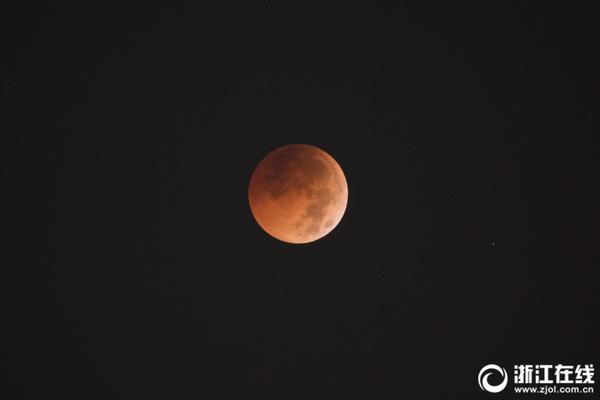 Bitflex: Next
Bitflex: Next
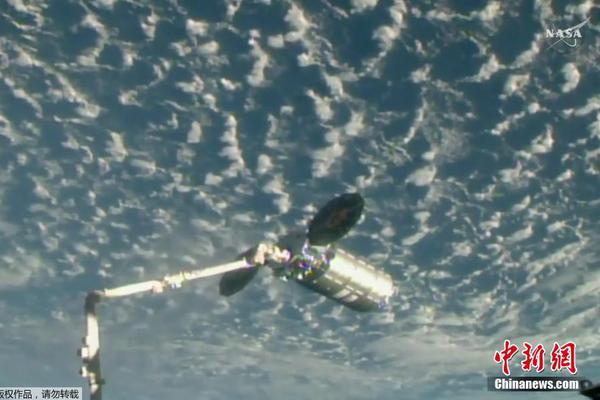 Review roundup: Critics dismiss 'The Lion King' 2019 as stale retread
Review roundup: Critics dismiss 'The Lion King' 2019 as stale retread
 Waze now tells you how much all those tolls will cost
Waze now tells you how much all those tolls will cost
 Trump dunks on Facebook's Libra in cryptocurrency tweetstorm
Trump dunks on Facebook's Libra in cryptocurrency tweetstorm
 Grateful Crane's 'Journey to Japan' at Huntington Library
Grateful Crane's 'Journey to Japan' at Huntington Library
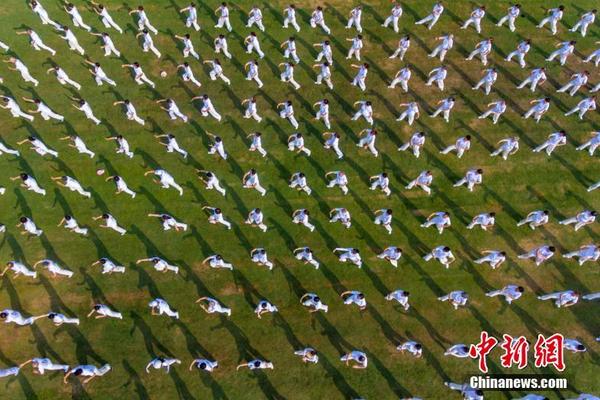 Elon Musk's robot surgeon will sew electrodes into brains
Elon Musk's robot surgeon will sew electrodes into brains
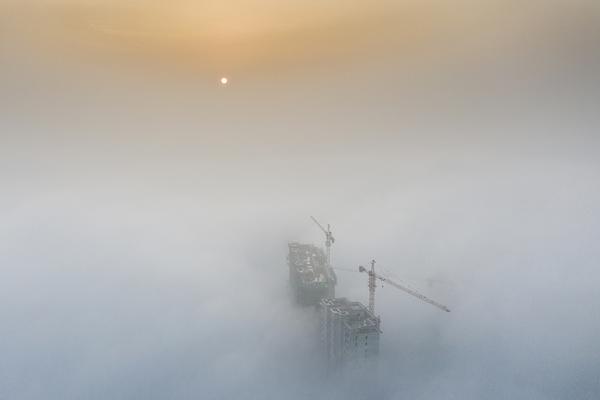 Georgia Is Hosting the 1st International Web3 Conference in the Caucasus
Georgia Is Hosting the 1st International Web3 Conference in the Caucasus
 Prince Harry and Meghan Markle officially meet Beyoncé and Jay
Prince Harry and Meghan Markle officially meet Beyoncé and Jay
 There's a glaring gender imbalance in auto repair, but women want to change that
There's a glaring gender imbalance in auto repair, but women want to change that
 'The Lion King' is a dutiful recreation of a beloved classic: Review
'The Lion King' is a dutiful recreation of a beloved classic: Review
 Warm Welcome in Montebello
Warm Welcome in Montebello
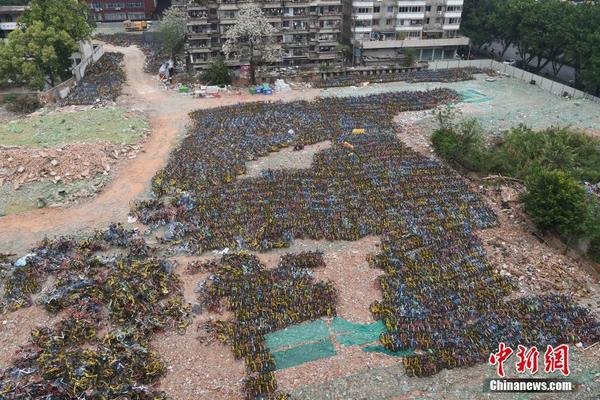 Elon Musk's secretive Neuralink has an event next week
Elon Musk's secretive Neuralink has an event next week
 Climate change means warped railroad tracks
Climate change means warped railroad tracks
 Trump dunks on Facebook's Libra in cryptocurrency tweetstorm
Trump dunks on Facebook's Libra in cryptocurrency tweetstorm
 FrontFanz – An Iconic Polygon Entertainment Platform Sold Out in 72 Hours
FrontFanz – An Iconic Polygon Entertainment Platform Sold Out in 72 Hours
 Hyundai Sonata gets a self
Hyundai Sonata gets a self
Wordle today: The answer and hints for April 8Android 15: New feature could help you squeeze out more battery life'Ripley' vs. 'The Talented Mr. Ripley': The tiny change that makes a big impactDon’t like your DALLiPad 2024: 2 new models tipped to drop soon — and may come with this iPhone featureAndroid texting via satellite: Here's how it could beat iPhoneMax subscription deal: Get up to 42% off when you prepay for the yearDon't buy Apple AirPods yet: 3 new models we're expecting in 2024.iPhone 16: This rumored design change could mean more screen real estateApple didn't want comedian Jon Stewart to interview FTC Chair on his podcast 'Conclave' is getting the meme treatment Best Target Circle 360 deal: How to get free gift Black Friday Ninja deals: Ninja Slushi in stock, plus the Creami and air fryers on sale NYT Connections Sports Edition hints and answers for January 9: Tips to solve Connections #108 Toronto Raptors vs. New York Knicks 2025 livestream: Watch NBA online Everything Nvidia announced at CES 2025 TikTok's Kel Cripe on the power of one word: 'Scram!' Best Black Friday mattress deal: Save up to 50% on DreamCloud Get Peacock Premium for free with Instacart+ Spotify Wrapped 2024: Everything you need to know
0.181s , 10095.859375 kb
Copyright © 2025 Powered by 【xem phim heo dam】Scholar Writes Cultural History of Bruce Lee,Global Hot Topic Analysis